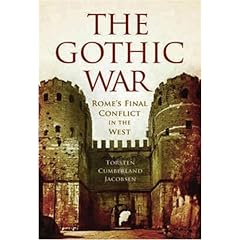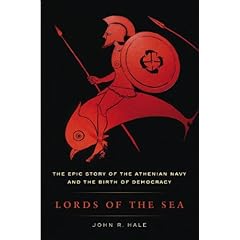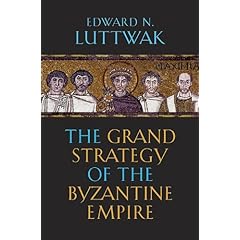
Thucydides took a spectacular leap into modernity by refusing to seek explanations for human behavior in the will of the gods, or even in the will of individuals, looking instead at the behavior of men in society. In this context, Kagan explains how The Peloponnesian War differs significantly from other accounts offered by Thucydides' contemporaries and stands as the first modern work of political history, dramatically influencing the manner in which history has been conceptualized ever since.
About the Author
Donald Kagan, Sterling Professor of Classics and History at Yale University, is an authority on ancient Greek history and culture and a scholar of diplomatic history. He is the author of many books on ancient and military history and the coeditor of two bestselling textbooks on world history and Western civilization.








